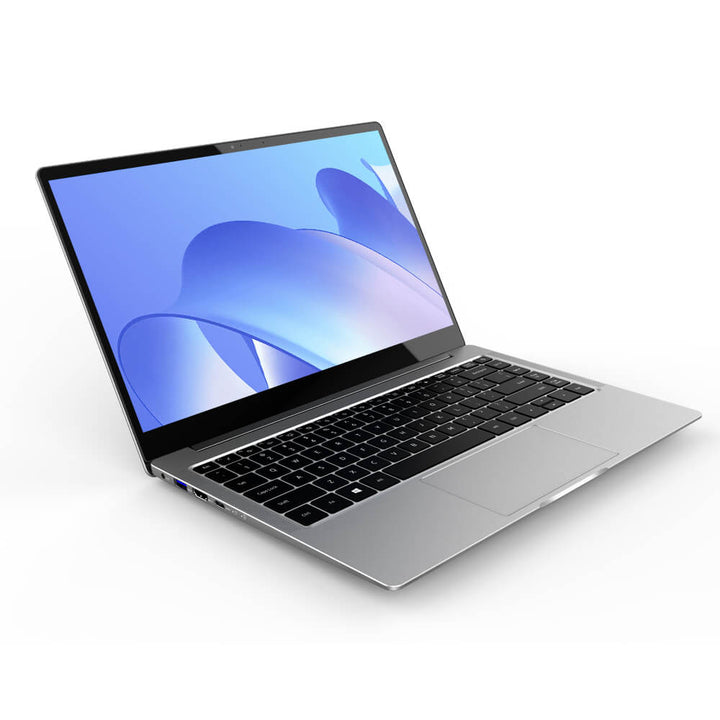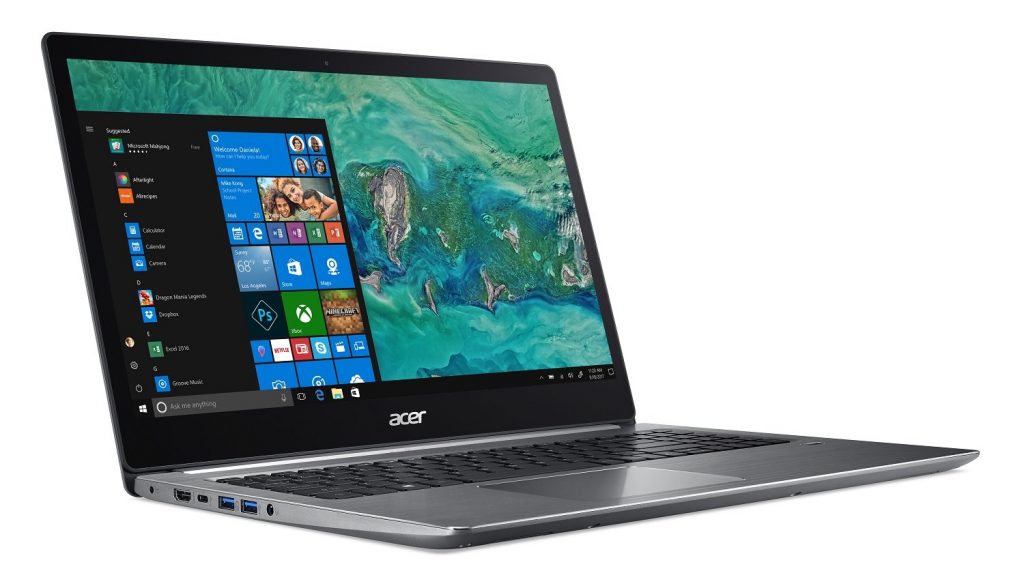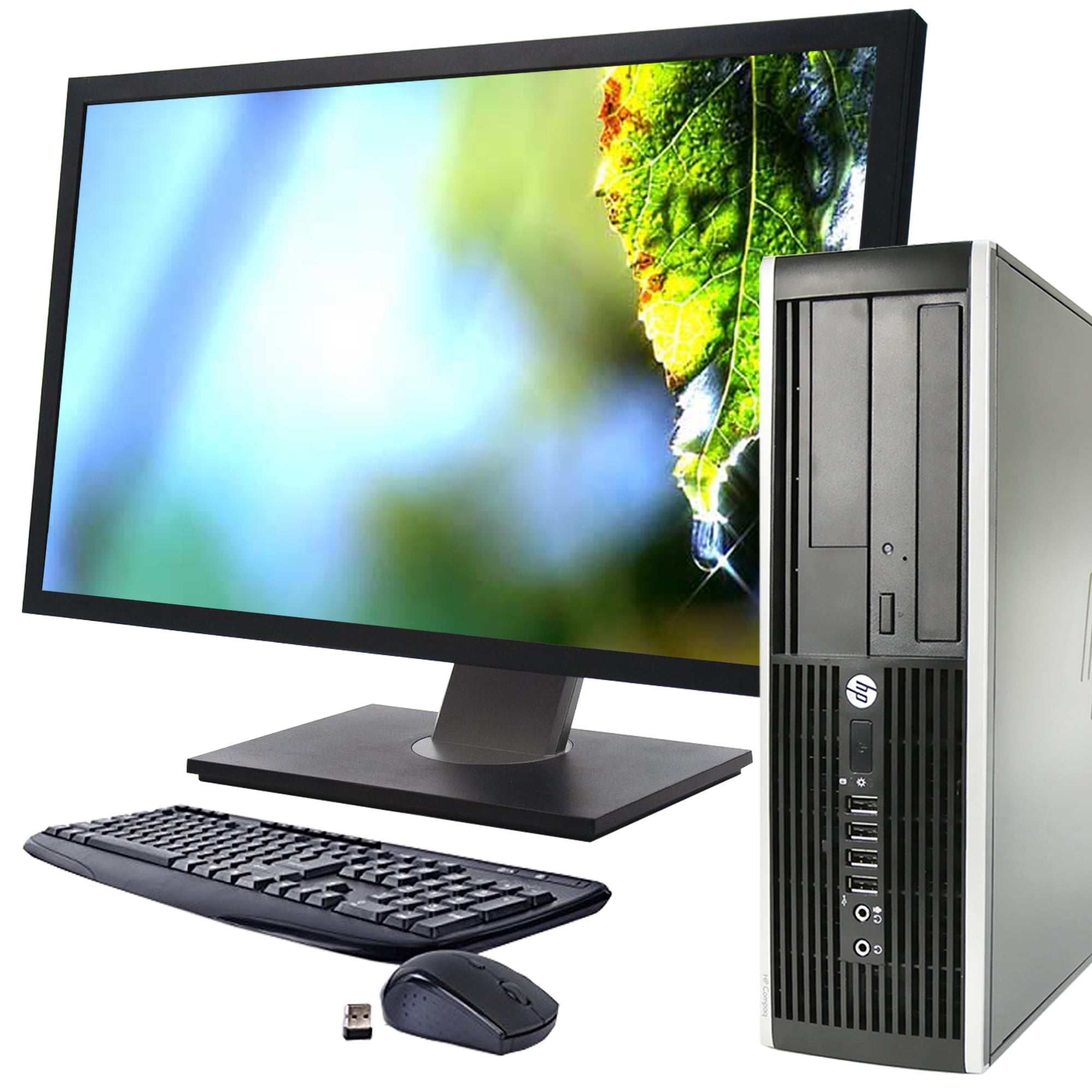Best Computer For Basic Home Use

Is your old computer sputtering its last breath? Or perhaps you're taking the plunge into the digital world for the first time? Buying a computer for basic home use shouldn't feel like navigating a tech minefield.
This guide is designed for first-time buyers, those who need a reliable machine for everyday tasks like browsing, email, and document creation. We'll demystify the jargon, compare top models, and give you the knowledge to make a confident decision.
Why does choosing the right computer even matter? It's about having a smooth, frustration-free experience. A well-suited computer will save you time, reduce headaches, and open up a world of possibilities.
Top 5 Computers for Basic Home Use: A Head-to-Head Comparison
Here's a quick overview of five models that stand out in the basic home use category:
| Model | Price (USD) | Processor | RAM | Storage | Warranty |
|---|---|---|---|---|---|
| HP 24 All-in-One | $550 | AMD Ryzen 3 | 8GB | 256GB SSD | 1 Year |
| Lenovo IdeaCentre AIO 3 | $600 | Intel Core i3 | 8GB | 256GB SSD | 1 Year |
| Apple Mac Mini (M1) | $600 (monitor not included) | Apple M1 | 8GB | 256GB SSD | 1 Year |
| Dell Inspiron Desktop | $450 | Intel Celeron | 8GB | 256GB SSD | 1 Year |
| Acer Aspire TC | $500 | Intel Core i3 | 8GB | 512GB SSD | 1 Year |
Detailed Reviews
HP 24 All-in-One
The HP 24 All-in-One offers a sleek design and a comfortable viewing experience thanks to its built-in screen. The AMD Ryzen 3 processor is sufficient for everyday tasks.
Its integrated webcam and speakers are decent, making it ready for video calls right out of the box. However, the graphics performance isn't ideal for demanding games or video editing.
Lenovo IdeaCentre AIO 3
The Lenovo IdeaCentre AIO 3 is another strong contender in the all-in-one category. It features an Intel Core i3 processor, providing a responsive experience for browsing and office work.
The design is clean and modern, and it includes a DVD drive, a feature becoming less common. While the performance is solid for general use, power users may find it lacking.
Apple Mac Mini (M1)
The Apple Mac Mini with the M1 chip is a powerhouse in a small package. Its performance is exceptional for its size, making it suitable for more demanding tasks like photo editing.
Keep in mind you'll need to purchase a monitor, keyboard, and mouse separately. The MacOS operating system is intuitive but different from Windows, requiring a slight learning curve.
Dell Inspiron Desktop
The Dell Inspiron Desktop is a budget-friendly option for those who need a basic computer. The Intel Celeron processor is suitable for very light use, like browsing and email.
The included keyboard and mouse are basic but functional. This is a good choice if price is your primary concern, but be prepared for slower performance compared to the other models.
Acer Aspire TC
The Acer Aspire TC strikes a good balance between performance and price. It boasts an Intel Core i3 processor and a generous 512GB SSD, providing ample storage space.
The design is simple and unassuming. It's a solid all-around performer for everyday tasks and offers good value for money.
Used vs New: Weighing the Pros and Cons
Buying a used computer can save you money, but it comes with risks. You might get a higher-spec machine for a lower price, but the warranty is often limited or non-existent.
New computers offer peace of mind with a manufacturer's warranty and the latest technology. However, they typically come with a higher price tag. Consider your budget and risk tolerance when making this decision.
Reliability Ratings by Brand
Historically, Apple has often been ranked high in reliability surveys. Lenovo and HP generally offer good reliability, while Dell and Acer tend to be more budget-focused, which can sometimes affect reliability.
Remember that reliability can vary between specific models and product lines. Research reviews and consider extended warranties for added protection.
Checklist: 5 Must-Check Features Before Buying
- Processor: Ensure it's powerful enough for your intended use (Intel i3/Ryzen 3 or better recommended).
- RAM: 8GB is the sweet spot for smooth multitasking.
- Storage: Opt for an SSD (Solid State Drive) for faster performance. 256GB is a good starting point.
- Ports: Check for sufficient USB ports, HDMI, and other connections you might need.
- Warranty: A one-year warranty is standard, but consider extended coverage for extra security.
Summary
Choosing the best computer for basic home use involves balancing price, performance, and reliability. All-in-one computers offer convenience, while desktops provide more flexibility for upgrades.
Consider your individual needs and budget when evaluating the options. Don't be afraid to read reviews and compare specifications before making a purchase.
Remember to factor in the long-term costs of ownership, including potential repairs or upgrades. Investing in a slightly more expensive but reliable machine can save you money and frustration in the long run.
Before you finalize your purchase, revisit the comparison table and checklist. This will help you ensure that you're getting the best possible computer for your needs.
Ready to Upgrade Your Digital Life?
Armed with this knowledge, you're well-equipped to choose the perfect computer for your basic home needs. Take the next step! Visit your local electronics store or browse online retailers. Start comparing models and reading customer reviews. Your new, reliable computer is waiting!


:max_bytes(150000):strip_icc()/4LW4045927-6-cab43ccd17c04c9f9880e39aed157c5d.jpg)


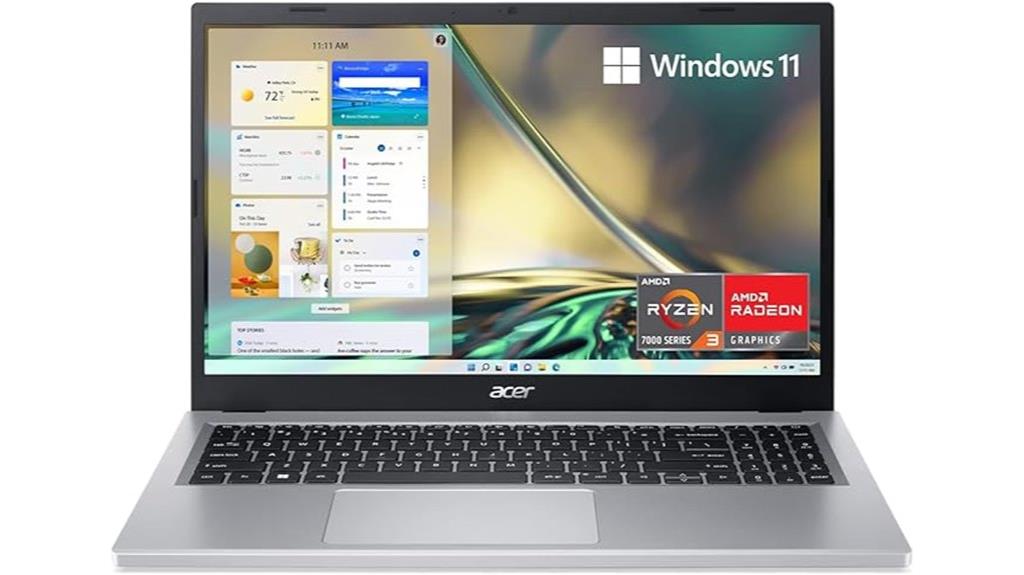
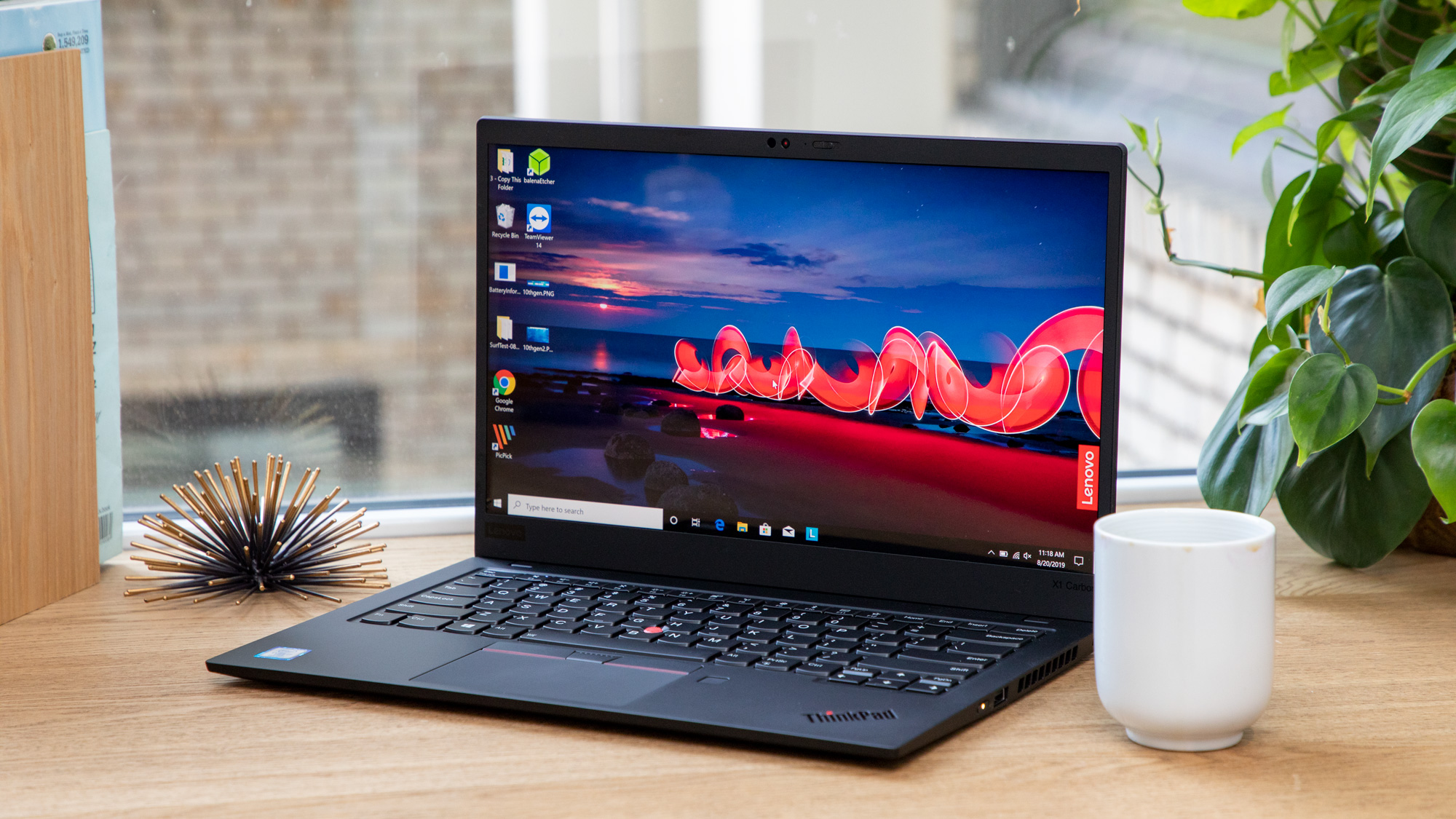
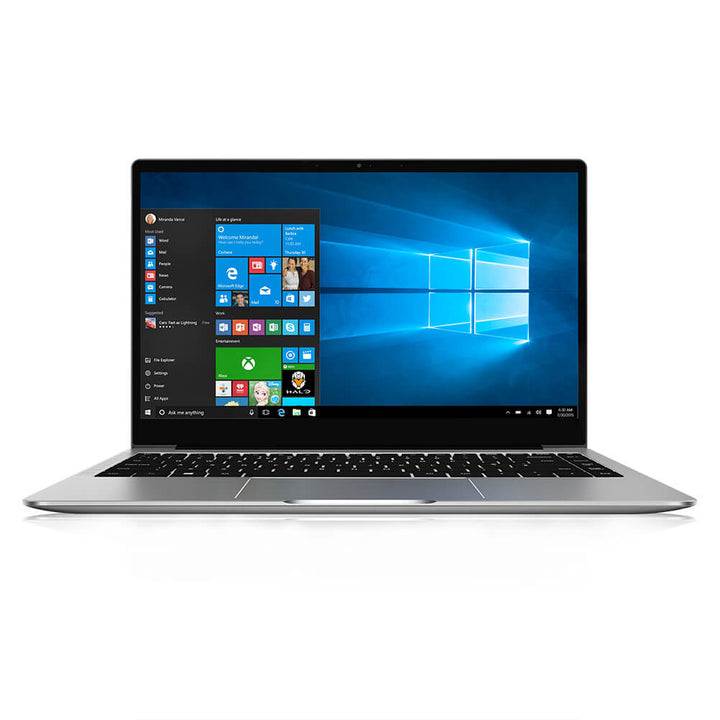


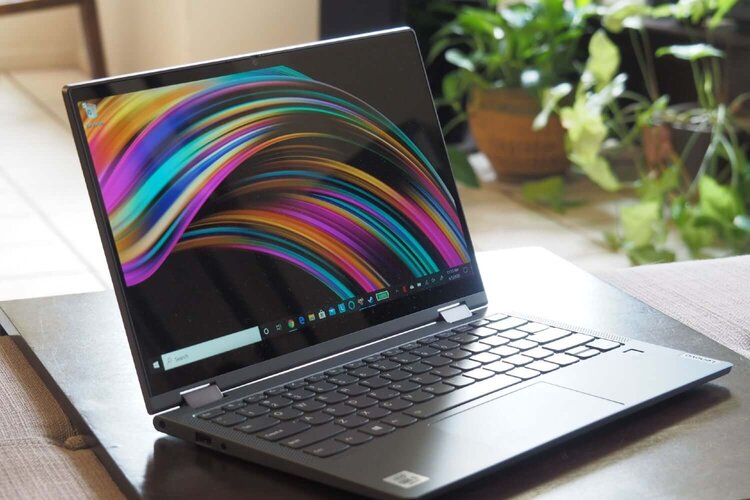
:max_bytes(150000):strip_icc()/2LW4045927-7-5b560f7446e0fb0037cbffc0.jpg)
